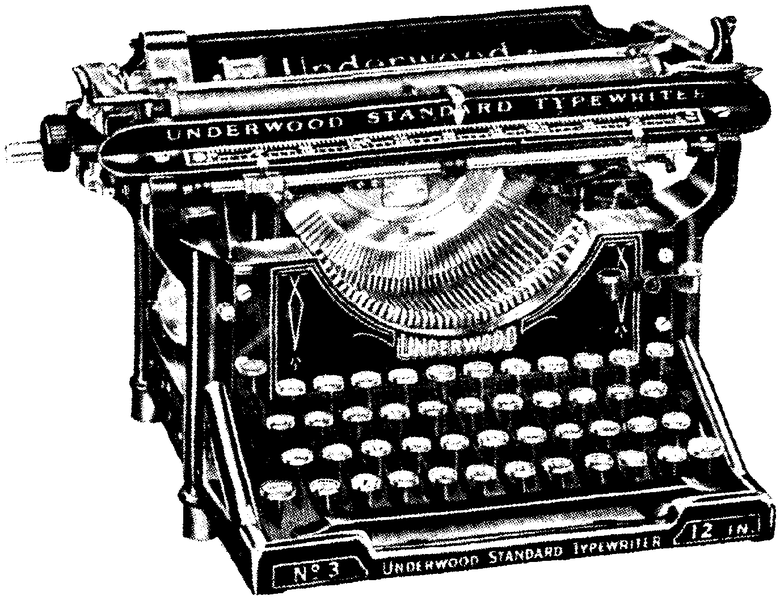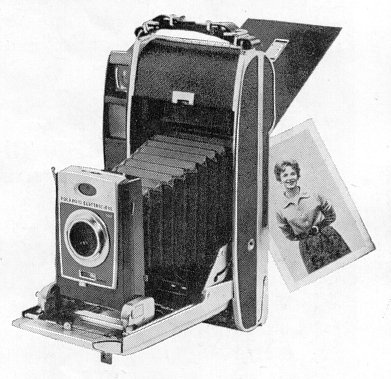Via the wonderful Browser, I came across a very fine online piece by Christopher Bonanos of New York about the Strand, the only bookstore in NYC I still go to, the only one that doesn’t depress me. It’s as vibrant as ever, anachronism though it is. Amusingly, I purchased Bonanos’ own book, Instant: The Story of Polaroid, at the Strand last year. (Second floor, photography section.) An excerpt about the perils the brick-and-mortar bookseller must circumvent to continue thriving:
“Are there existential threats to the Strand? There are. E-books, which require no retail space, have cut into best-seller sales. The Strand has pushed back with remaindered hardcovers, placed by the front door under a sign reading LOWER-PRICED THAN E-BOOKS.
There’s also the Strand’s relationship with its unionized employees, who were organized by the UAW back in the ’70s. They just signed a new contract this past month. Mostly, the labor-management situation seems equable; still, every few years, when contract time comes, someone writes a news story about strife. ‘The union demands something up here,’ says Fred [Bass], gesturing, ‘and we’re down here … There’s always going to be conflict.’ In general, the union is quite aware that the Strand is not Google, and the Basses are perfectly aware that relative harmony benefits the business. In October, a pro-union staffer named Greg Farrell published a graphic-novel-style book critical of both management and the union’s representatives. Oddly, he still works at the store. More oddly, the Strand sells the book.
Internet used-book sales, too, would seem to be a long-term concern. When you visit Amazon or AbeBooks (which is owned by Amazon) and search for an out-of-print title, your results are usually listed from cheapest to most expensive. The first ‘store’ on the list often turns out to be a barn full of books in rural Minnesota or Vermont. Some are charity stores, selling donated books—no acquisition costs at all. They certainly aren’t paying Manhattan overhead. Yet here, too, the Strand is holding on, owing mostly to that churning turnover and the quality of its stock. That barn isn’t going to have many of last year’s $75 art books for $40, and the Strand always does. Plus there are the only–in–New York surprises that come through the store’s front door. Opening a box can reveal a Warhol monograph that will sell for more than $1,000, or an editor’s library full of warm inscriptions from authors.
If that’s the future, could the Strand wind up virtual? Surely operating out of one of those barns would be cheaper. ‘Not with our formula,’ says Bass firmly. ‘We need the store. This business requires a lot of cash flow to operate,’ and much of it comes in with the tourists. That funds the book-buying, which supplies the next cycle of inventory.”



